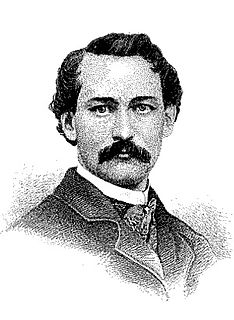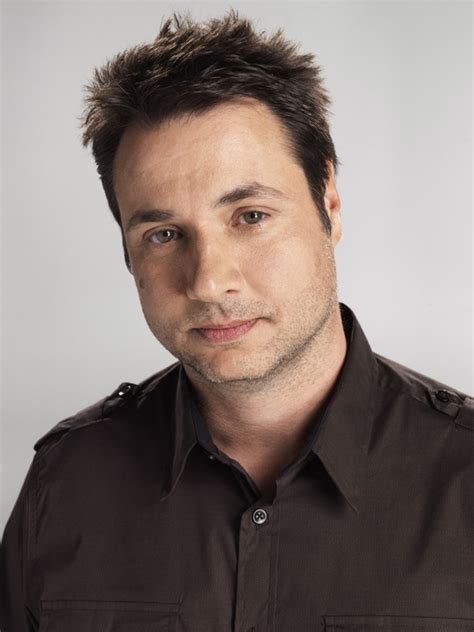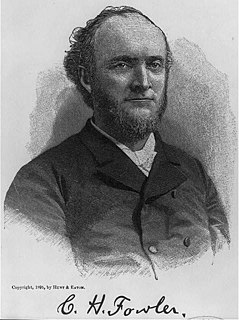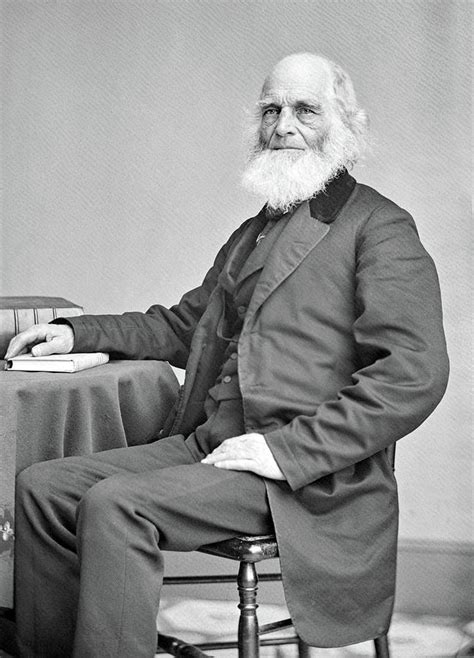A Quote by Jack Goldstein
When man of slender visits you / Nothing on earth that one can do / In well he’ll hide, or watery hole / And he will eat your mortal soul / so if thou seest the man so thin / pray you don’t see him again / for he is not from world we know / he cometh from far down below / on his bed of dirt from grave / from his dank and silent cave / he watches you yet has no sight / he taketh you away at night
Related Quotes
Twas a jolly old pedagogue, long ago, Tall and slender, and sallow and dry; His form was bent, and his gait was slow, His long thin hair was white as snow, But a wonderful twinkle shone in his eye. And he sang every night as he went to bed, "Let us be happy down here below: The living should live, though the dead be dead." Said the jolly old pedagogue long ago.
I woke up my pop in the middle of the night 'cause the boogie man's under my bed. My pop is this big, huge man, nothing can hurt him. I went running into his bedroom like, 'Daddy, Daddy, the boogie man's under the bed!' Pop opens one eye, he's like, 'Is the boogie man bigger than me?' 'Well, no Daddy, he's not.' 'Well, you got your choice: you can deal with the boogie man or you can deal with me.'
Far away on the path we saw Sir Henry looking back, his face white in the moonlight, his hands raised in horror, glaring helplessly at the frightful thing which was hunting him down. But that cry of pain from the hound had blown all our fears to the winds. If he was vulnerable he was mortal, and if we could wound him we could kill him. Never have I seen a man run as Holmes ran that night.
Some souls think that the Holy Spirit is very far away, far, far, up above. Actually he is, we might say, the divine Person who is most closely present to the creature. He accompanies him everywhere. He penetrates him with himself. He calls him, he protects him. He makes of him his living temple. He defends him. He helps him. He guards him from all his enemies. He is closer to him than his own soul. All the good a soul accomplishes, it carries out under his inspiration, in his light, by his grace and his help.
It is God's earth out of which man is taken. From it he has his body. His body belongs to his essential being. Man's body is not his prison, his shell his exterior, but man himself. Man does not "have" a body; he does not "have" a soul; rather he "is" body and soul. Man in the beginning is really his body. He is one. He is his body, as Christ is completely his body, as the Church is the body of Christ
The philosopher stands at his desk in the lecture hall, and demonstrates away the soul of man, and with exact thought measures out his atoms and resolves him back to gas and air. But the revolutionary, below in the crowd, hears, and only translates what he hears thus to his brethren: 'Let us drink while we may; property is robbery; this life is all; let us kill and eat; there is no God.
So live, that when thy summons comes to join, The innumerable caravan which moves, To that mysterious realm where each shall take, His chamber in the silent halls of death, Thou go not, like the quarry-slave at night, Scourged by his dungeon, but, sustained and soothed, By an unfaltering trust, approach thy grave, Like one who wraps the drapery of his couch, About him, and lies down to pleasant dreams.
Man ever talks, and Man ever dreams Of better days that are yet to be, After glittering goal, that distant gleams, Running and racing untiringly. The worldly may grow old and young as it will, But the Hope of man is Improvement still. Hope bears him into life in her arms, She flutters around the boy's young bloom, The soul of youth with her magic warms, Nor rests with age in the silent tomb; For ends man his weary course at the grave, There plants he Hope o'er his ashes to wave.








































